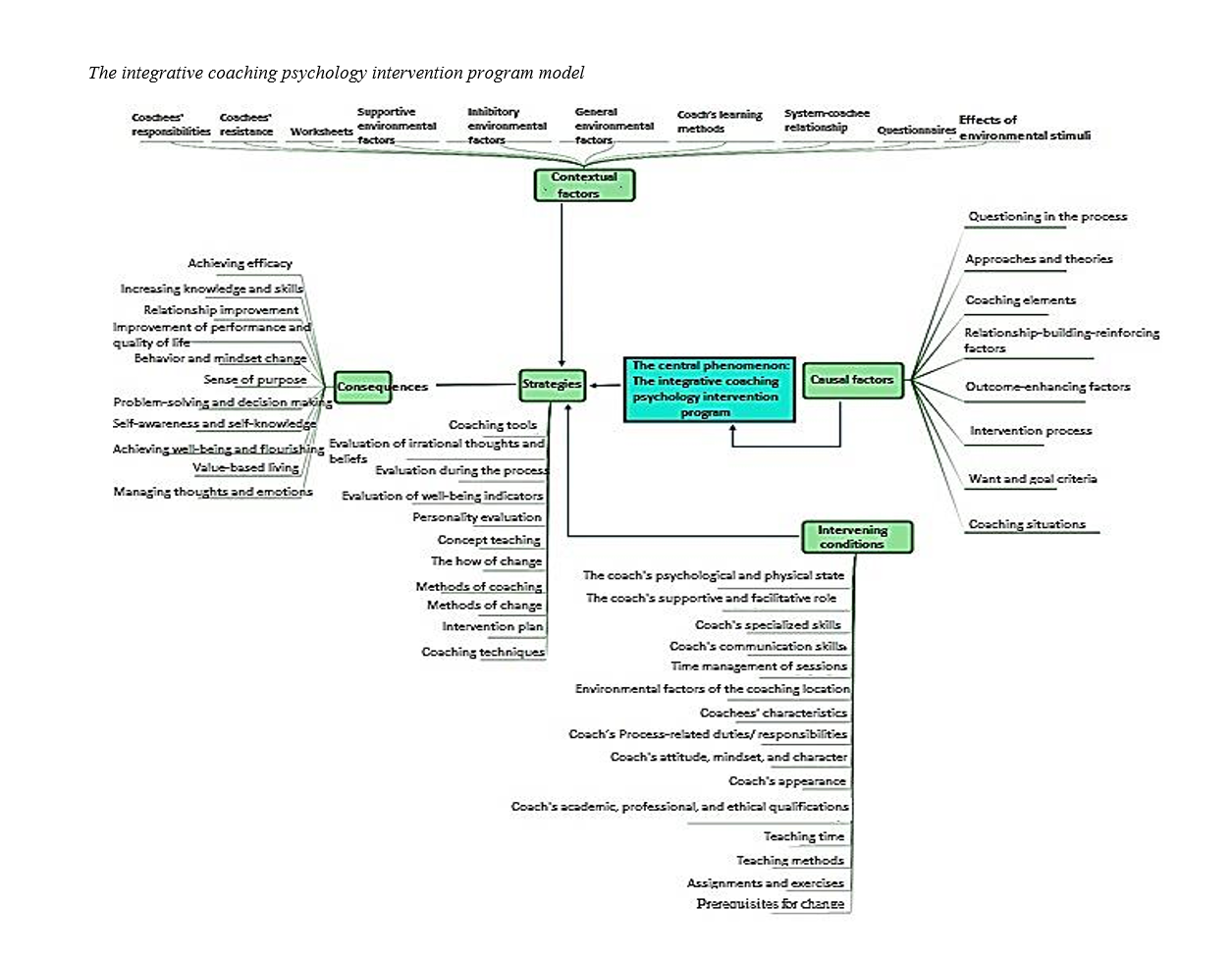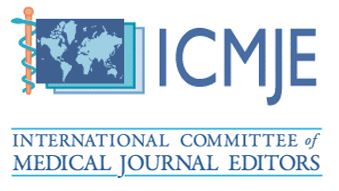Designing and Validation of an Integrative Coaching Psychology Intervention Program
Keywords:
Coaching psychology, Integrative Coaching, Coaching, Life Coaching, Coaching InterventionAbstract
Objective: This study aims to design and validate an integrative coaching psychology intervention program. Coaching psychology employs scientific and evidence-based psychological techniques to enhance life experiences, work performance, and well-being in non-clinical populations. This research integrates coherent psychological theories and models into a unified framework.
Methods and Materials: The research method was qualitative and based on grounded theory, with a statistical population of domestic and international experts in coaching psychology. Employing a qualitative grounded theory approach, the study engaged international and domestic coaching psychology experts, reaching theoretical saturation after 22 interviews. Data were gathered through checklists and semi-structured interviews, analyzed using open, axial, and selective coding to establish core categories. The data obtained from interviews were analyzed using open, axial, and selective coding methods by the researcher to construct the core categories of the research.
Findings: Accordingly, 1162 codes were initially extracted, and 995 codes were obtained after secondary coding. Finally, the validity of items was evaluated using the content validity ratio (Lawshe table) and Holsti's agreement coefficient, and thus 956 open codes were confirmed by the key research experts (n=11). The results indicate that the most important causal factors constituting the integrative coaching psychology intervention program include coaching elements, psychological approaches and theories, intervention process, questioning in the process, and relationship-building-reinforcing factors.
Conclusion: These factors can emerge by considering strategies such as coaching tools, evaluation of irrational thoughts and beliefs, evaluation during the process, evaluation of well-being indicators, personality evaluation, concept teaching, change strategies, coaching methods, change methods, intervention design, and coaching techniques. Moreover, contextual conditions and intervening factors can either restrict or facilitate these strategies. The most important results and consequences of the integrative coaching psychology intervention program include achieving efficacy, improving performance in life, changing attitudes, sense of purpose, value-based living, self-awareness, problem-solving, and decision-making, and achieving well-being and flourishing. Coaching psychology experts can use the integrative coaching psychology intervention program to enhance individuals' and groups' performance and well-being in various life domains, including personal, academic, sports, health, and professional development.
Downloads

Downloads
Additional Files
Published
Issue
Section
License
Copyright (c) 2024 Amir Mohammad Pahlavnejad (Author); Afsaneh Ghanbaripanah (Corresponding Author); Farahnaz Nourmohammadi, Kambiz Poushaneh (Author)

This work is licensed under a Creative Commons Attribution-NonCommercial 4.0 International License.







































